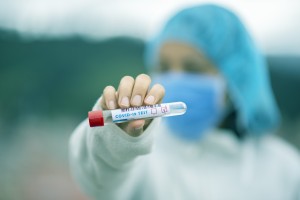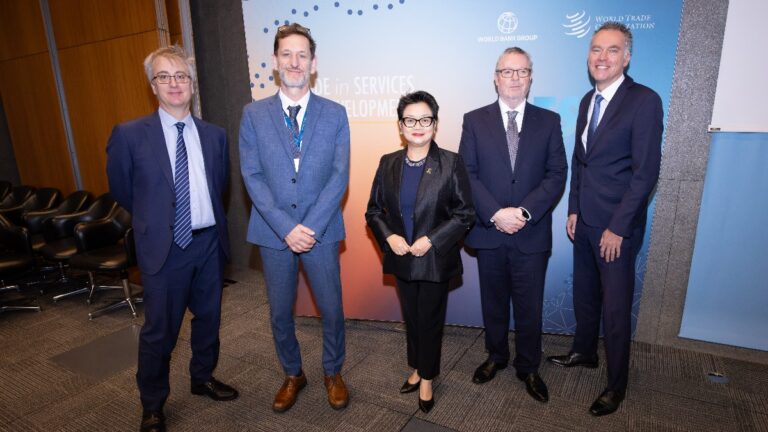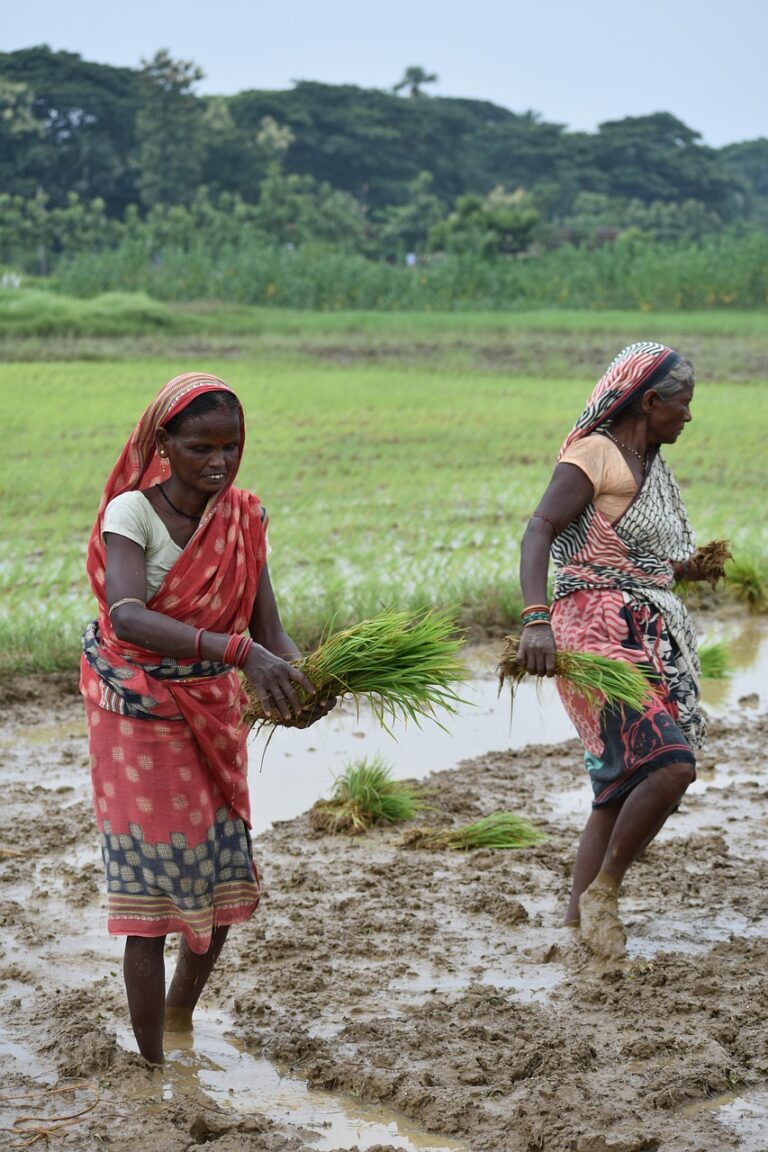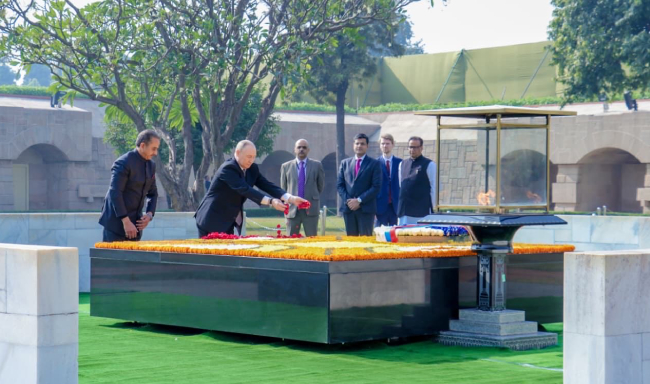
[the_ad_placement id=”adsense-in-feed”]
New Delhi: On recommendations of the National Task Force on COVID-19, a new Advisory on COVID-19 testing released on Saturday has further simplified the testing process and given more freedom and flexibilities to the State authorities to facilitate enhanced ease of testing for the people.
For the first time, along with more simplified modalities, the updated Guidelines provide for ‘On-demand’ testing in order to ensure higher levels of testing.
The Advisory elaborates on the choice of tests (in order of priority) in various given settings.
[the_ad_placement id=”content-placement-after-3rd-paragraph”]
- Routine surveillance in containment zones and screening at points of entry:
Choice of Test (in order of priority):
- Rapid Antigen Test (RAT) [as per attached algorithm]
- RT-PCR or TrueNat or CBNAAT
1. All symptomatic (ILI symptoms) cases including health care workers and frontline workers.
2. All asymptomatic direct and high-risk contacts (in family and workplace, elderly ≥ 65 years of age, immunocompromised, those with co-morbidities etc.) of a laboratory confirmed case to be tested once between day 5 and day 10 of coming into contact.
3. All asymptomatic high-risk individuals (elderly ≥ 65 years of age, those with co-morbidities etc.) in containment zo
A totally new section has been added in the Advisory on “Testing on Demand” which for all practical purposes does away with prescription by a registered medical practitioner although State governments have the freedom to decide on simplified modalities.
The new section reads thus-
- Testing on demand (State Governments to decide simplified modalities):
-
- All individuals undertaking travel to countries/Indian states mandating a negative COVID-19 test at point of entry.
- All individuals who wish to get themselves tested.
-
Tracking and contact tracing mechanisms should be ensured by the testing laboratories by notifying the public health authorities.
Frequency of testing :
- A single RT-PCR/TrueNat/CBNAAT/RAT positive test is to be considered confirmatory, without any repeat testing.
- No re-testing is recommended prior to discharge from a COVID-19 facility after clinical recovery (please refer to MoHFW guidelines), including for transfer from a COVID area/ facility to a non-COVID area/ facility.
- If symptoms develop following a negative RAT test, a repeat RAT or RT-PCR should be done (Algorithm for interpreting RAT is placed at Annexure 1).
Points to be noted:
- WHO case definition for ILI: Individual presenting with acute respiratory infection with fever ≥ 38◦C and cough with onset within the last 10 days.
- WHO case definition for SARI: Individual presenting with acute respiratory infection with history of fever ≥ 38◦C and cough with onset within the last 10 days and requires hospitalization.
- All healthcare workers and frontline workers coming in contact with suspect/confirmed COVID-19 patients should ensure use of appropriate PPE.
- Home quarantine for 14 days is recommended for all individuals before undergoing elective surgery to minimise chances of infection before the procedure.
– globalbihari bureau
[the_ad_placement id=”sidebar-feed”]





